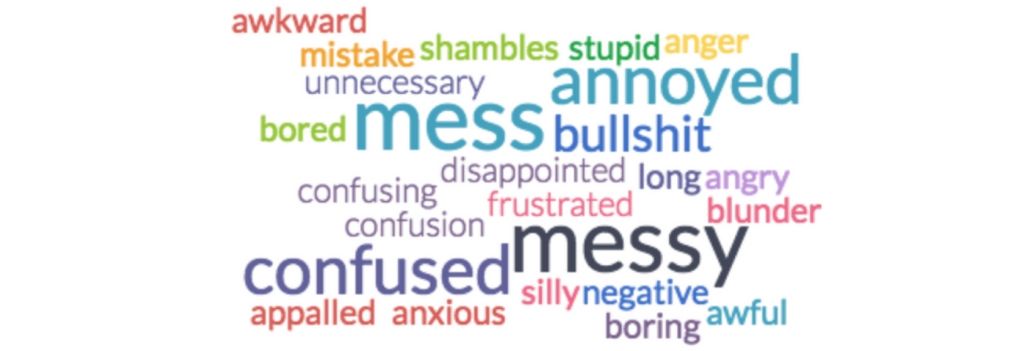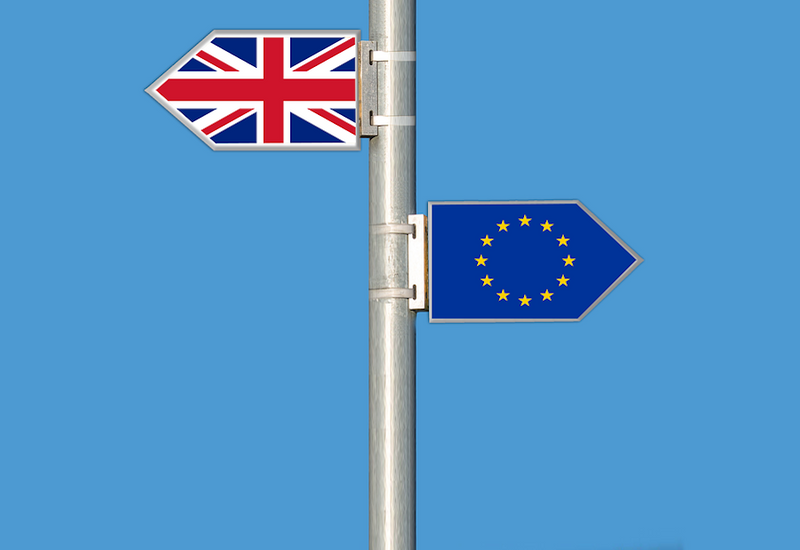Within an hour we had nearly 100 qualitative responses. As well as mini-surveys, we regularly run large-scale market research, driving up to 5,000 responses within 48 hours.
Key Findings
- 84% wish that they would have been able to vote on the referendum for the UK to leave the European Union on 23rd June 2016.
- 84% think that the government has not put forward the interests of young people during the Brexit negotiations.
- 85% would rather have a ‘second referendum to vote on whether the UK leaves or not’, rather than ‘leave the EU with no deal’. 15% would rather leave the EU with no deal than the second referendum option.
- 87% stated that they care either a lot or a little about Brexit.
- 68% do not trust political institutions (including politicians).
- 57% do not trust media institutions (including those who work there).
Detailed Findings
1. 16-17-year-olds ARE interested in Brexit.
An overwhelming majority express regret that they were below the legal voting age at the time of the referendum on 23rd June 2016, with 84% wishing that they could have been old enough to vote.
There is an almost exclusively negative sentiment towards Brexit. The word cloud below shows the top words used in respondents' written comments:

2. 16-17-year-olds feel their interests have been ignored during the Brexit negotiations.
84% feel that the government has not put forward the interests of young people during the negotiations. This is compounded by the fact that almost 9 in 10 respondents felt that not enough information and news was aimed specifically at their age group.
3. The large majority of 16-17-year-olds distrust politicians and media brands.
When asked about the trustworthiness of political institutions (including politicians), 68% find them untrustful. A further 57% find media institutions very or quite untrustful.
Respondents were also wary of the trustworthiness of information about Brexit disseminated over social media. 6 in 10 said that they were either 'very unlikely' or 'quite unlikely' to trust information seen on Facebook, Instagram, YouTube or Snapchat. Instagram returned the lowest levels of trust - with 80% saying they were very or quite unlikely to trust - while YouTube was comparatively the most trusted platform. 61% still admitted to being very or quite unlikely to trust information on YouTube.
4. Brexit has impacted on 16-17-year-olds' identities.
Brexit has altered young Britons' perceptions of their national and pan-European identities. Almost 1 in 5 respondents admitted to feeling 'less British' as a result of Brexit, while 1 in 5 said they felt 'less European'.
5. 16-17-year-olds are unsure of how Brexit will unfold and how it will affect them.
Almost 3 in 4 admitted to being unclear about how Brexit would impact them after the UK leaves the EU - if indeed it happens.
6. 85% of 16-17-year-olds back a 2nd referendum
Our 16-17-year-olds were heavily in favour of a second referendum should the Prime Minister's revised deal fail to make it through Parliament on the 12th of March. 85% backed a second referendum over leaving the EU with no deal.
Conclusions
Brexit has left behind 16-17-year-olds, even though this key demographic care passionately about what is going on.
The findings from this survey show evidence to suggest that this demographic of students aged 16-17 are interested and do ‘care’ about what happens with Brexit.
This disengagement is combined with a severe distrust among 16-17-year-olds of politicians and the media.
For universities and education brands, there is a real opportunity to position themselves as a trusted source for information.
If you want to join the UK’s fastest growing student opinion panel and get your voice heard, sign up here.













